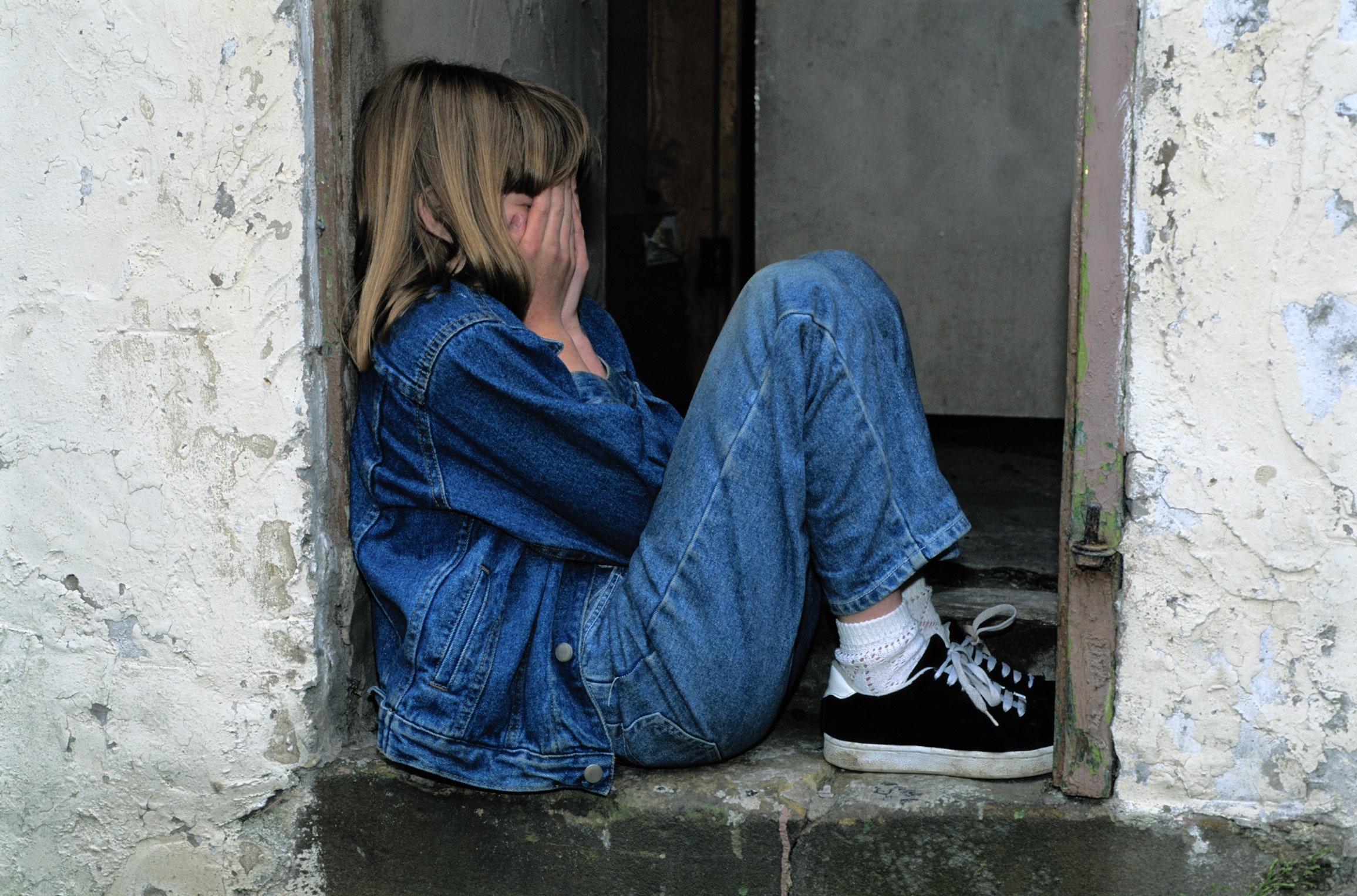
REGINA – Saskatchewan’s advocate for children and youth says provincial leaders must listen more when it comes to improving mental-health services for youth who often wait up to two years for help.
Corey O’Soup presented his office’s 2018 report on Tuesday and said the number of children who died by suicide last year increased to eight from two.
“I believe suicide deaths are some of the most preventable,” he said.
“If we take seriously the issue of their mental health, I believe that we can prevent most of these deaths.”
He cited previous figures that show Indigenous girls and boys are more likely to take their own lives than non-Indigenous youth and said those living in northern Saskatchewan have even less access to proper services.
Health Minister Jim Reiter said the government has increased its mental-health and addictions spending and will be announcing where that money will flow in the weeks to come.
“Generally speaking, we’re going to be adding more boots on the ground. There’s going to more mental-health professionals hired and that’s going to include the north.”
Reiter said Prince Albert, Saskatoon and Regina are the three areas with child psychiatrists and wait times to see them have ranged from four weeks to one year.
It’s a challenge to recruit child psychiatrists, he said, but added that a couple more are to start this summer in Saskatoon and improvements have also been made through triaging.
Child deaths and critical injuries are reported to the advocate’s office if a child has received services from the Ministry of Social Services or the Ministry of Corrections and Policing. Last year, the office received reports on 20 children who died and 41 who were critically injured.
O’Soup said investigations into those cases often revealed gaps in policies and poor case planning, which is a persistent issue.
“That’s why the children actually end up dying.”
NDP Leader Ryan Meili said the advocate’s report shows the Saskatchewan Party government is failing children in care.
“There are too many kids in care and too many kids dying or critically injured while they’re in care,” Meili said in a release. “When the need to act is so clear, it’s frustrating to see how little has changed.”
Minister of Social Services Paul Merriman said he’s hearing from social workers and staff who are dealing with complex cases, such as ones involving mental health and addictions to crystal meth.
“Nothing within social services is cut and dry.”
Merriman was criticized last week when he referred to national Indigenous organizations such as the Assembly of First Nations as lobbyists in an interview with The Canadian Press.
He made the reference while expressing concern about provinces being unable to meet on their own with the federal minister about child-welfare reform.
Merriman has since said he was wrong to use the term lobbyist and contacted the assembly’s national chief, Perry Bellegarde, to discuss the matter.
O’Soup called Merriman’s misstep regressive and said Indigenous people, including himself, need to be around the table when governments make decisions that affect them.
Governments have been patriarchal for far too long in their dealings with Indigenous people, he said.
“To put us in the category of lobbyist, I would say that that takes us back 40, 50 years.”